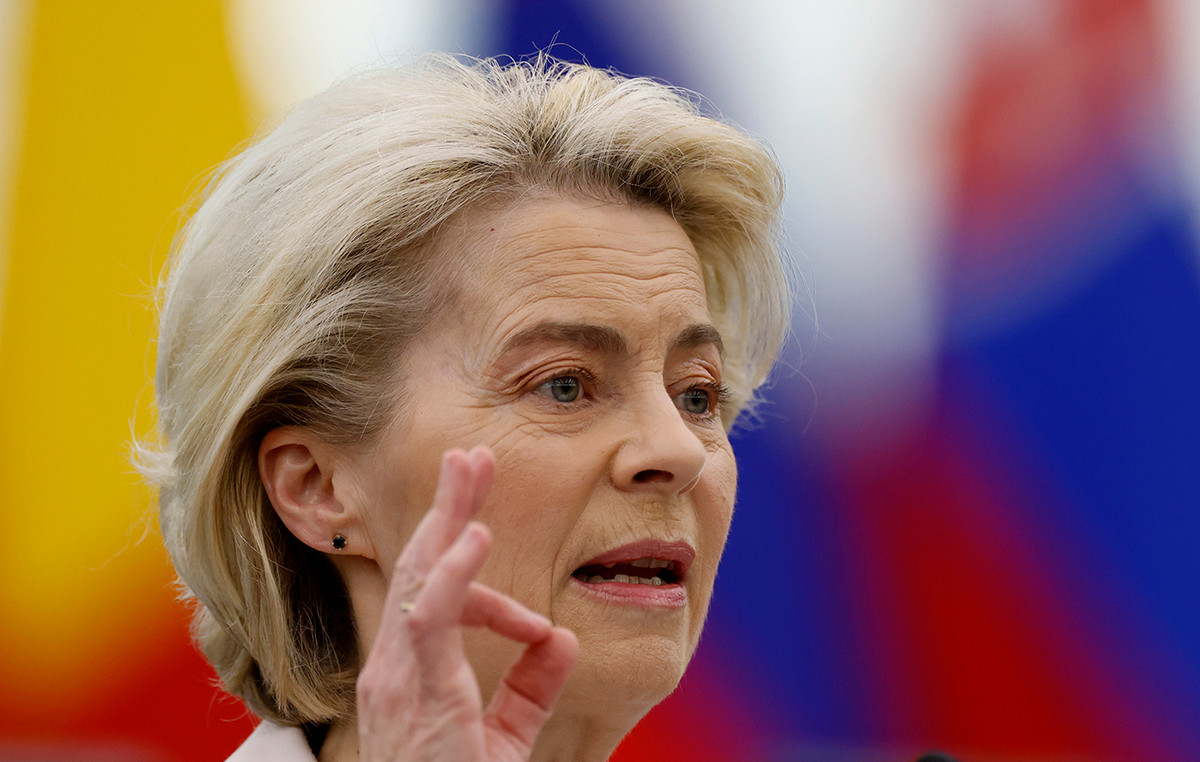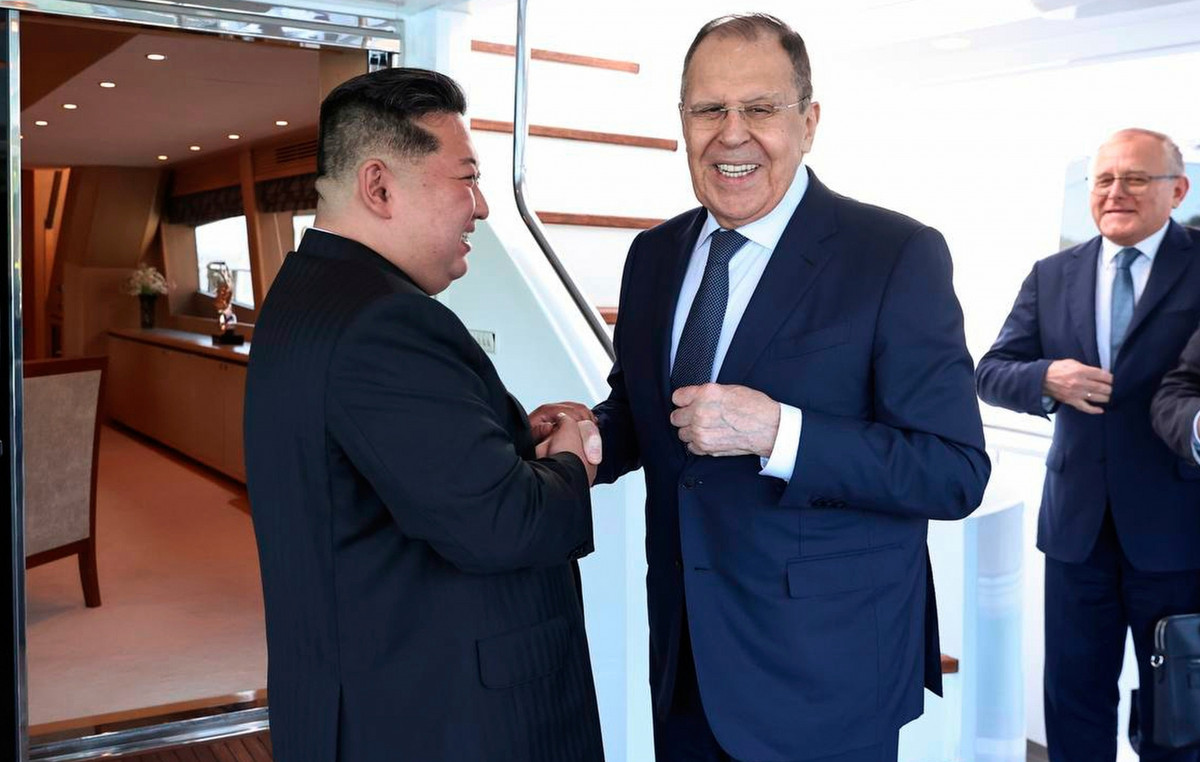The World Economic Forum begins this Sunday, 22, in Davos with one of the most troubled geopolitical and economic scenarios in the almost 50 years of the event.
The news shows that there are a series of conjunctural problems that need to be answered in the short term. At the same time, however, the world elite does not want to lose sight of the historic commitment that is in the group’s DNA and also seems threatened: globalization.
At least 2,500 world leaders meet until Thursday (26) in the Swiss Alps with a full agenda: War in Ukraine, energy crisis, accelerated inflation and the challenges of exiting the pandemic are some of the great themes that have emerged in recent months.
The Forum wants to be a stage for global leaders to try to tune their discourse in search of answers to so many problems.
The main fear seems to be the war in Ukraine, which is less than 1,000 kilometers from Swiss territory. The potential risks of this war and the unfathomable thinking of Vladimir Putin haunt Davos. Putin, by the way, was already received and heard by the Forum in 2009, but it was definitely different times.
In addition to the war, Davos will try to map solutions to the difficult world economic situation: how to effectively get out of the pandemic in the face of so many uncertainties – such as the energy crisis, problems in production chains and soaring inflation. The fear is that all this will abort the resumption of growth in the global economy.
As if so many conjunctural problems were not enough, the Forum has the mission of not forgetting the structural, long-term problems. Climate change, for example, is a frequent topic in several discussions planned for the coming days.
In this long-term agenda, another item scares the world elite: the risk of ‘deglobalization’.
After decades of opening borders and freedom for people, goods and capital, the world seems to be facing a shift towards more protectionism and closed borders.
This aversion to the different that has been observed for some years, in movements such as the election of Donald Trump in 2016. The theme, however, seems to have gained momentum with the pandemic and the war in Ukraine. All this has generated the perception in several world leaders that it is necessary to depend less on other countries.
Davos wants to show them wrong.
Source: CNN Brasil
I am Sophia william, author of World Stock Market. I have a degree in journalism from the University of Missouri and I have worked as a reporter for several news websites. I have a passion for writing and informing people about the latest news and events happening in the world. I strive to be accurate and unbiased in my reporting, and I hope to provide readers with valuable information that they can use to make informed decisions.







